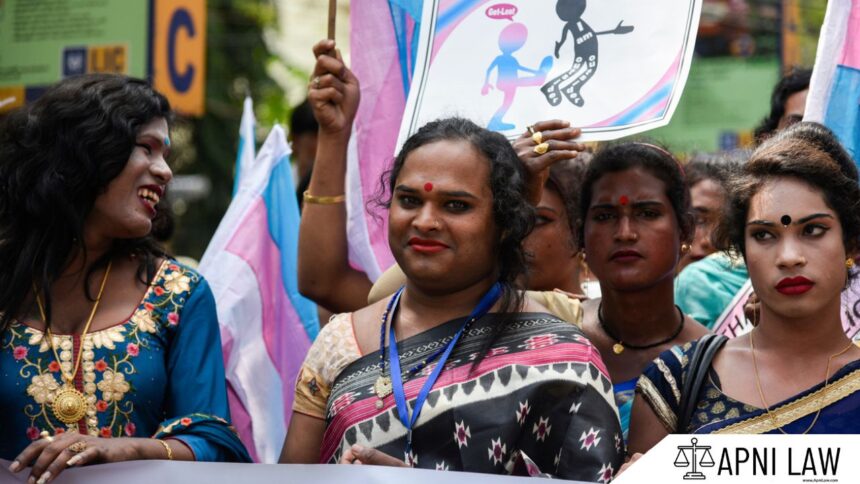Introduction
The Transgender Persons (Protection of Rights) Act, 2019, marks a significant step toward safeguarding the rights of transgender individuals in India. One of the most important provisions of this Act is Section 2(k), which provides a legal definition of the term “transgender person.” Understanding this definition is crucial for ensuring inclusion, equality, and protection under the law. It also sets the foundation for accessing rights related to education, healthcare, employment, and social recognition.
What Is The Definition of Transgender Person Under Section 2(k)
Section 2(k) defines a transgender person as someone whose gender identity does not align with the gender assigned at birth. This definition is inclusive and does not rely on any medical or physical changes to validate a person’s gender identity.
The law includes trans-men and trans-women, whether or not they have undergone sex reassignment surgery, hormone therapy, laser therapy, or any similar medical treatment. It acknowledges that a transgender identity is valid even without physical transformation.
In addition, the law recognizes individuals with intersex variations, genderqueer persons, and those with socio-cultural gender identities. These include traditional Indian identities such as hijra, kinner, aravani, and jogta. This broader definition reflects the rich diversity of gender expressions in Indian society and ensures that all such individuals are protected under the Act.
R Anushri v. Secretary, TNPSC (Madras HC, June 2024)
The Madras High Court ruled that transgender individuals deserve separate norms in public education and employment, criticizing Tamil Nadu authorities for denying vital certificate-verification opportunities to a qualified trans-woman applicant. The Court held that transgender persons must be treated as a special category and included in equal opportunity frameworks
Kabeer C. v. State of Kerala (Kerala HC, January 2025)
In Kabeer C., the Kerala High Court directed the state government to implement reservation for transgender persons in education and public jobs within six months. The Court reinforced the binding impact of NALSA (2014) and the Transgender Rights Act (2019), emphasizing that failure to ensure equal rights invites judicial intervention
Mrs X v. State of Karnataka (Karnataka HC, 2024)
In this first-of-its-kind order, the Karnataka High Court upheld a transgender woman’s right to alter her birth certificate after post-transition changes. The Court asserted that special law (Transgender Act, 2019) prevails over general law, mandating the Registrar to update documents within four weeks and urging legislatures to align the Births & Deaths Act, 1969, accordingly (jurist.org).
Conclusion
Section 2(k) plays a vital role in promoting legal recognition and equality for transgender persons in India. By including a wide range of gender identities and not limiting the definition to medical transitions, the law ensures broader protection and dignity for all transgender individuals. This inclusive approach supports India’s commitment to human rights and sets the path for a more equal and just society. Understanding this provision helps advance the conversation on gender inclusivity and legal rights in India.








